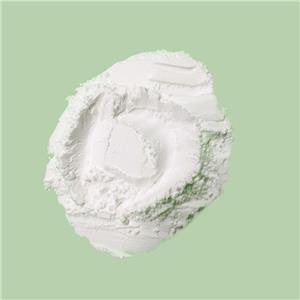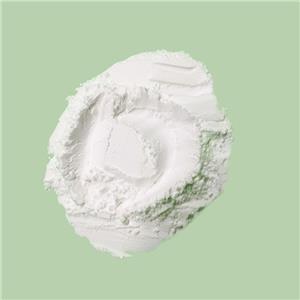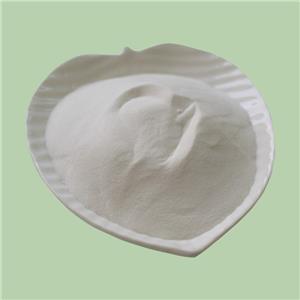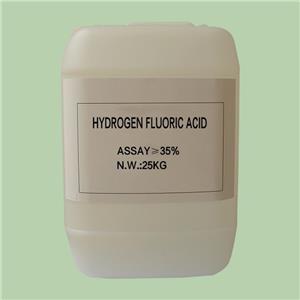Nickel fluoride in Aluminum Sealing Agents: Enhancing Durability and Corrosion Resistance
Aluminum is a widely used material valued for its light weight, durability, and corrosion resistance. One of the key processes employed to enhance these properties is anodizing, which involves the formation of an oxide layer on the aluminum surface. In this process, nickel fluoride plays a crucial role as a sealing agent, closing micro-pores in the oxide layer to improve its sealing and corrosion resistance capabilities.
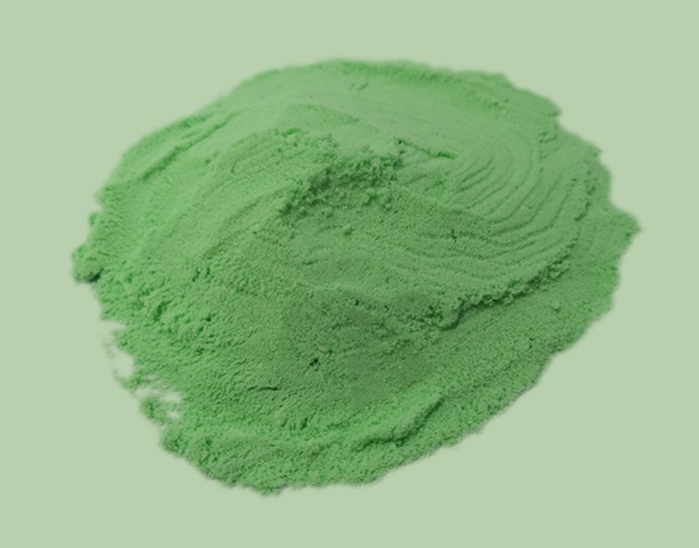
Understanding Anodizing:
Before delving into the application of nickel fluoride , let's grasp the basics of anodizing aluminum. Anodizing is an electrochemical process where aluminum is immersed in an electrolyte solution, serving as the anode. Through the application of electric current, an oxide layer, typically aluminum oxide (Al2O3), forms on the aluminum surface. This layer enhances the material's corrosion resistance and hardness.
The Role of Nickel Fluoride:
After anodizing, the aluminum surface contains micro-pores within the oxide layer. Nickel fluoride is employed as a sealing agent to close these microscopic openings, contributing to a more robust and impermeable surface. The nickel fluoride solution penetrates the pores, creating a sealed oxide layer that significantly improves the aluminum's resistance to corrosion.
Application Process:
1、Pre-treatment: The aluminum undergoes pre-treatment procedures, including cleaning and degreasing, to ensure a clean surface free from impurities and oils.
2、Anodization: The aluminum, acting as the anode, is placed in an electrolytic bath where the oxide layer is formed on its surface through the anodization process.
3、Fluoride Nickel Sealing: Once the oxide layer is established, the aluminum is transferred to a solution containing nickel fluoride . Here, nickel fluoride acts as the sealing agent, filling the micro-pores and enhancing the integrity of the oxide layer.
4、Sealing Process: The aluminum remains in the nickel fluoride solution for a specific duration, allowing the sealing agent to permeate the micro-pores, creating a tightly sealed oxide layer.
5、Rinsing and Drying: Following the sealing process, the aluminum is removed from the solution, undergoes rinsing, and is dried to eliminate excess sealing solution, ensuring a clean and dry surface.
Benefits of Nickel Fluoride Sealing:
1、Improved Corrosion Resistance: Sealing micro-pores with nickel fluoride enhances the aluminum's resistance to corrosion, ensuring longevity in various environments.
2、Enhanced Surface Integrity: The sealed oxide layer contributes to the material's durability and hardness, crucial for applications requiring robust performance.
3、Versatile Applications: Aluminum treated with nickel fluoride sealing finds applications in diverse industries, from aerospace to automotive, due to its improved properties.
In conclusion, the application of nickel fluoride as a sealing agent in aluminum anodizing is a pivotal step to optimize the material's performance. By closing micro-pores and fortifying the oxide layer, nickel fluoride enhances the corrosion resistance and overall durability of aluminum, making it a preferred choice for a wide range of applications.
- Fluoride Salt
- Ammonium Fluoride
- Sodium Fluoride
- Potassium Fluoride
- Sodium Hydrogenfluoride
- Potassium Bifluoride
- Magnesium Fluoride
- Aluminium Fluoride
- Barium Fluoride
- Lithium Fluoride
- Strontium Fluoride
- Nickel Fluoride
- Zinc Fluoride

